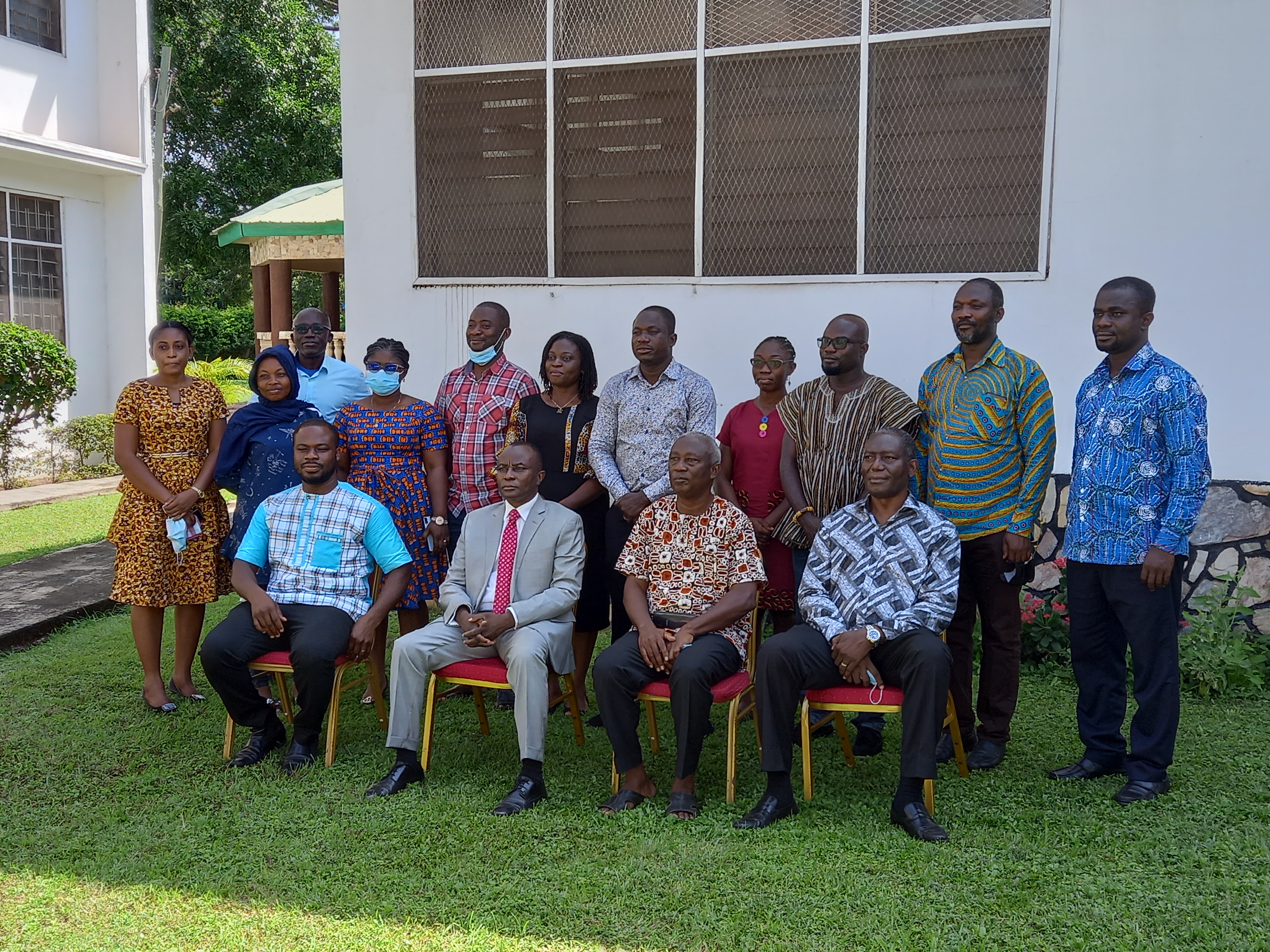
Climate actors assess solutions to finance climate change
Inadequate funding has been identified as the major challenge that confronts the implementation of the National Climate-Smart Agriculture and Food Security Action Plan (NCS-FSAP, 2016-2020).
The Plan was developed by the Ministry of Food and Agriculture (MoFA) in collaboration with the Ghana Climate Change, Agriculture and Food Security (CCAFS), a science-policy dialogue platform, to operationalise the agriculture segment of the National Climate Change Policy (NCCP) document developed under the leadership of the Ministry of Environment, Science, Technology and Innovation (MESTI), and launched in July 2014.
Advertisement
In order to enhance the skills of climate actors to be able to develop bankable proposals to attract funds to help to sustain climate change (CC) investment and finance in the agricultural sector, a five-day training program was held for the Ghana CCAFS.
Read: Climate change platform helps promote food security
A key outcome of the capacity building workshop organised by the International Crops Research Institute for the Semi-Arid Tropics (ICRISAT) and CCAFS West Africa, Mali was a draft concept note to be submitted to the Green Climate Fund (GCF).
ICRISAT is a non-profit organisation that conducts agricultural research for development in the drylands of sub-Sahara Africa and Asia.
Also, to meet GCF submission criteria, the concept note needed to be endorsed by relevant stakeholders.
Therefore, a one day stakeholder engagement workshop again organised on October 29, 2021 in Accra with participants from the Food and Agricultural Organsiation (FAO), the Ministry of Finance, MESTI, MoFA, Ministry of Fisheries and Aquaculture Development, University of Cape Coast and Council for Scientific and Industrial Research (CSIR), among others.
Promoting climate-smart agric
Key components of the draft project concept note were shared among stakeholders for their inputs and endorsement to attract climate finance to promote climate-smart agriculture in Ghana.
The Executive Secretary, Ghana CCAFS platform, Mr Vincent A. Botchway, during a presentation said the development of the project concept note was guided by the Ghana Climate Smart Agriculture Investment Plan (CSAIP) World Bank Report, CSA Investment Framework developed by FAO (2019), FASDEP II, the NCSA&FSAP, among other relevant policy documents.
Speaking in an interview, he said, ‘‘the staekholders have endorsed the project concept note by indicating that it is consistent with national priorities on CC aimed at improving the lives and livelihoods of smallholder farmers and vulnerable groups, while maintaining ecosystem sustainability.“
Read:Let’s fight climate change together - CSIR boss
The CCAFS platform
The Ghana CCAFS platform is hosted by the CSIR and was formed in 2012 through a multi-stakeholder dialogue and launched on July 30, 2013.
The concept was initiated by the CCAFS programme West Africa (ICRISAT, Bamako- Mali) with the goal to promote food-secure nations through the provision of science-based efforts that support sustainable agriculture and enhance livelihoods, while adapting to CC and conserving natural resources and environmental services.
Ghana is one of three countries including Mali and Burkina Faso to benefit from the initiative.
The main objective is to enhance CC adaptation within the food and agricultural systems in rural communities in the participating countries through exchange of information, experience sharing and learning to influence policy.
Currently, the Ghana CCAFS Platform is supporting the West Africa Policy Project to achieve broader objectives of building on the achievements of CCAFS West Africa to meet major development needs and strategically contribute to emerging policy initiatives.
Keynote
- The Food and Agriculture Organisation (FAO) developed climate smart agriculture (CSA) concept as an approach that helps to guide actions needed to transform and reorient agricultural systems to effectively support development and ensure food security in a changing climate.
- Green Climate Finance is a unique global platform to respond to climate change by investing in low-emission and climate-resilient development.
- GCF was established by 194 governments to limit or reduce greenhouse gas (GHG) emissions in developing countries and to help vulnerable societies adapt to the unavoidable impacts of climate change.
- Given the urgency and seriousness of this challenge, GCF is mandated to make an ambitious contribution to the united global response to climate change.





